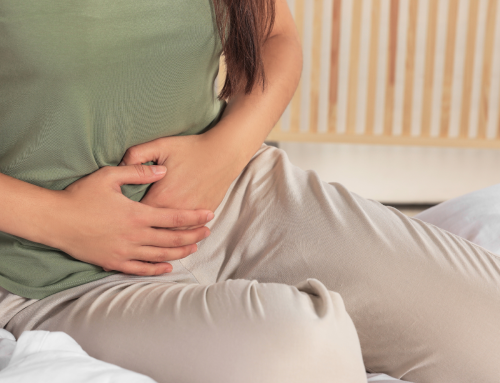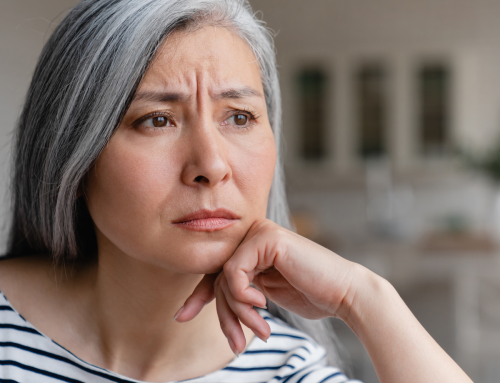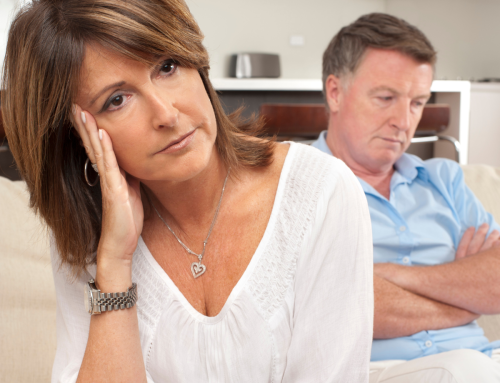
Menopause brings about a symphony of changes in a woman’s life – some are openly discussed, while others, like urinary incontinence, often go unheard, wrapped in silence. It’s a natural condition that many women experience yet seldom talk about due to embarrassment or uncertainty.
In this nurturing space, we will gently unwrap the layers of urinary incontinence, explore its connection with menopause, and, most importantly, empower you with knowledge and solutions that mirror both understanding and actionable hope.
What is Urinary Incontinence?
Urinary incontinence is the involuntary leakage of urine. It can occur when you sneeze, cough, laugh, or during exercise – moments when you should be living freely, not fretting over a common yet rarely spoken-of issue.
The condition isn’t a disease but rather a symptom of changes happening within your body. It’s akin to a gentle tap on the shoulder signaling that your body is transitioning into a new phase of life.
The Menopause and Urinary Incontinence Connection
During menopause, estrogen levels, which have played the role of a nurturing friend to your body for so many years, start to decline. Estrogen is deeply involved in maintaining the strength and flexibility of pelvic floor muscles, which support your bladder. When these muscles aren’t as robust as they used to be due to lower estrogen levels, it may lead to unexpected leaks.
Why Does It Happen?
The ‘why’ behind urinary incontinence is multi-faceted, interwoven with the physical changes of menopause and often compounded by the natural process of aging:
- Hormonal Changes: The decrease in estrogen can affect the health of the urinary tract, reducing its elasticity and support.
- Physical Changes: Childbirth and weight fluctuations over time can weaken pelvic floor muscles over time.
- Lifestyle Factors: Factors such as smoking or certain medications could also contribute to the likelihood of experiencing incontinence.
Empowerment Through Solutions
While the condition may feel daunting, there is a wealth of strategies that can help manage and often improve this menopausal melody:
- Pelvic Floor Exercises: Also known as Kegels, these exercises help strengthen the muscles under the uterus, bladder, and bowels.
- Lifestyle Adjustments: Maintaining a healthy weight, quitting smoking, and monitoring fluid intake can provide substantial benefits.
- Medical Options: Topical estrogen treatments and other treatments, such as V-Health Vaginal Gel providing growth factors that work directly in regenerating tissue, helping to restore normal vaginal function. This treatment has been clinically proven to be safe and effective for women of all ages. On this menopausal voyage, remember that you’re steering the ship, and your well-being is the compass pointing toward hope and healing. A tapestry of solutions and support systems is available, and you are not alone on this journey.
Urinary incontinence during menopause is an experience shared by many, yet it need not define your daily life. With the right support, information, and compassionate care, it’s possible to manage this condition effectively.
May this space serve as your intimate guide, offering a hand to hold as you walk through menopause with dignity and assurance. Continue to honor your body’s wisdom, champion self-care, and remember – menopause, with all its complexities, is also a time of liberation and a celebration of womanhood.
In the spirit of information, empowerment, and empathy, take the next step towards understanding and managing this part of your life with confidence and grace. Always consult with a healthcare provider before starting any new treatment.






